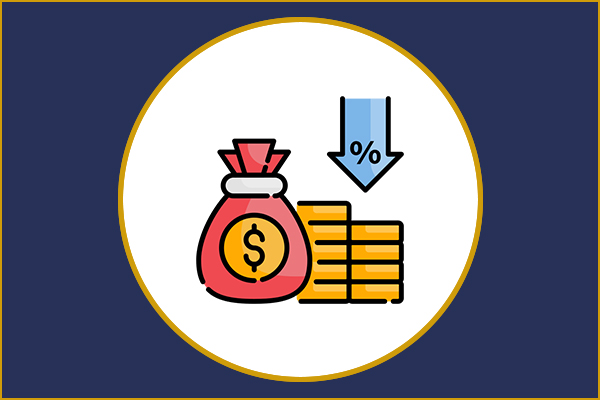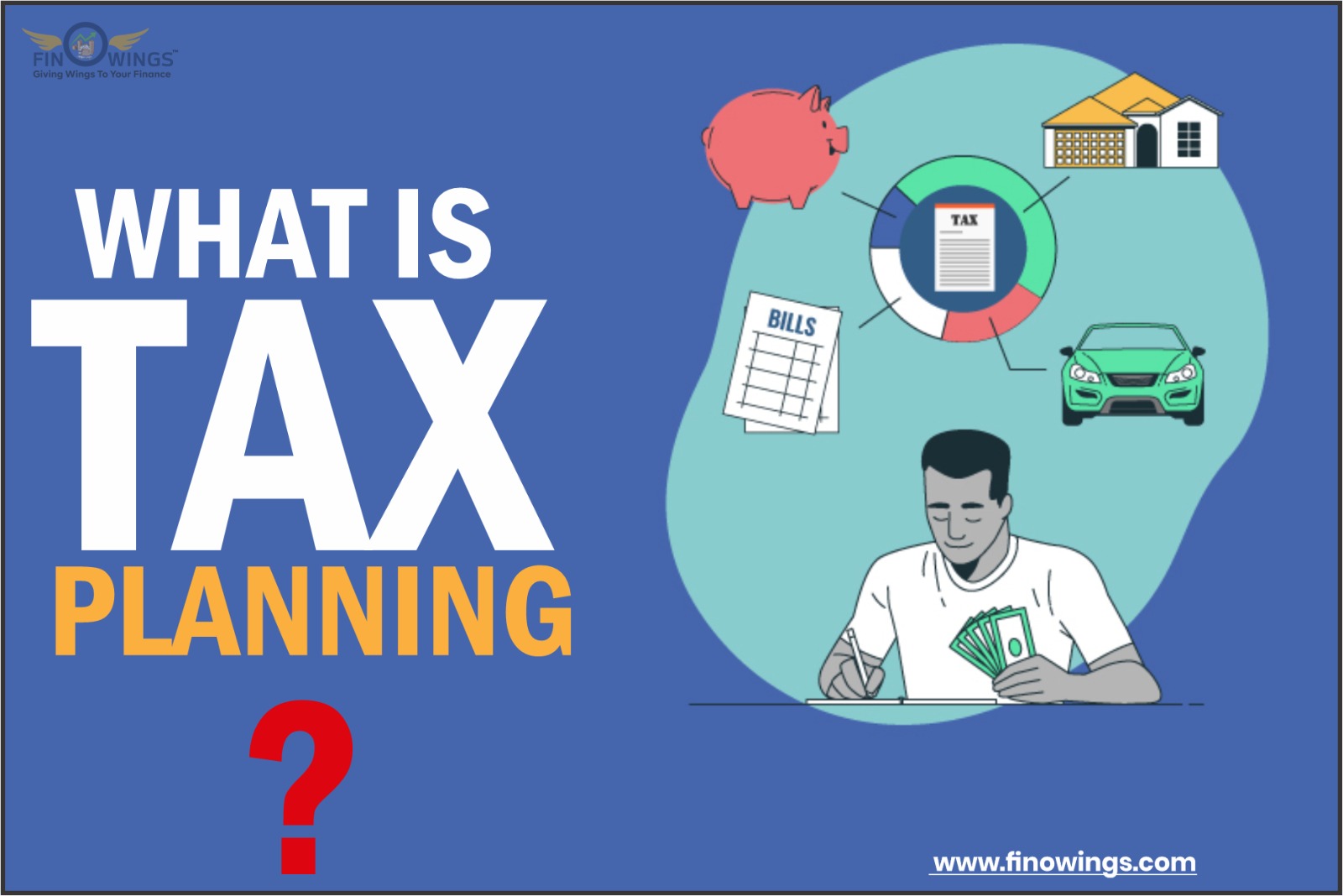Home >> Blog >> How to manage money? Rule of 50:30:20
How to manage money? Rule of 50:30:20

Table of Contents
One question about money that always remains, how to manage money? You can manage your money properly if you know about money management tips. As Always says, earning money is not as important as saving and managing money.
Whether you earn ?10,000 or ?50,000 a month, most people still find it difficult to manage money. If this happens to you too, you are not the only person like this. Many people fail to use their earnings properly. As a result, they always have a shortage of money. The main reason is that people do not even know how to manage their money correctly.
Why is it important to manage money?
You can guess how important it is to manage money because 99% of us always struggle with a lack of funds. Due to lack of money, we think our income or salary is less, and we face such a problem. But in reality, it is not so. Earning money is not so important as managing and investing it.
If you manage money properly, then you will get the following benefits
- By investing, you will be able to achieve your future goals quickly. Such as children's education, marriage, and retirement planning.
- You will never run into money problems due to proper management of money.
- With proper money management, you can systematically plan your significant expenses.
- Most important, you can build good wealth along with fulfilling your hobbies.
50:30:20 Rule of Money
Most financial advisors talk about a 50:30:20 ratio for managing money. This rule is considered the best way to manage money. This rule helps a lot to make you financially capable.
This rule advises you to use your monthly income by dividing it in the ratio of 50:30:20. If your income is ? 100, then it talks about dividing it into ? 50, ? 30, and ? 20.
50% On Needs:
You can spend 50% of your monthly income on basic needs. For example, if your monthly income is ? 20,000, then you can spend ? 10,000 to meet your basic needs.
The bare necessities include rent/EMI, food, transportation, clothes, electricity, water, gas, phone, etc. Thus, basic needs include all the expenses that you have to meet. So try to limit your essential costs to 50%, irrespective of your salary.
30% On Wants & Needs:
In this 30%, you can include your wants and desires. Such expenses include those not included in your basic needs but still want to buy for your hobby. Such as cars, vacations, expensive clothes, electronic items, etc.
These expenses can be expensive, so you must plan them in advance. For a person with a monthly income of ?20,000, ?6,000 can be used for his wants.
Spending more than your limit on these types of expenses can spoil the budget of other costs as well as you may also have to face a money crunch. Therefore, always make such payments according to the budget.
20% On Investment:
Savings are most important for excellent financial planning. Investments are required for retirement planning, children's education, and marriage. So that later, you do not have to press under the loan burden.
Therefore, you must save at least 20% of your monthly income. Saving does not mean saving it and keeping it in the bank. You have to invest it systematically. If your monthly income is ? 20,000, you should invest at least 20%, i.e., a minimum of ? 4,000.
These parts are the most important and decide how your future will be. For example, will you continue to face a financial crunch in the future, or will you be able to build good wealth by investing?
Where to invest?
Now an important question that arises is where should we invest? Before choosing any investment option, you should properly understand your goals and risk appetite.
You can invest a minimum of 20% of your income in the following investment options
- Stocks
- mutual fund
- PPF (Public Provident Fund)
- fixed deposit
- Gold
- real estate
Can I change the ratio of 50, 30, and 20?
Each person's needs are different. Accordingly, they can change the ratio of 50, 30, or 20. If your expenses are less, then you should increase the investment portion.
By the way, if you are single now, then your expenses will be slightly less, due to which it is possible to cut the first two ratios so that you can give initial momentum to your Investment.
If you feel that your WANTS & NEEDS expenses are declining for some time, then you can build an emergency fund with the remaining money or invest them somewhere. But remember that you have to invest at least 20% of your monthly income. So regular and disciplined investments are enough to make you richer than your salary. Thus the ratio of 50:30:20 is not a fixed ratio that you cannot change. You can make changes to it as per your requirement. 50:30:20 is used as a standard for managing money.
What to do when salary increases?
Your income also increases with time and experience. With the increase in revenue, it also becomes necessary to change the rules of money management of 50, 30, and 20. In the last few examples, we took the measure of ?20,000 monthly income.
Now let's assume that your monthly income has increased to ?50,000. If your income increases with age, then you should prioritize Investment. In such a situation, you should divide 40% into Basic Needs, 20% for Wants, and 40% into Investments.
Investing more will result in more compounding on your money, thereby accumulating a considerable corpus. With this, gradually, you will reach a position from where you will start making money from money. Also, you can fulfill all your hobbies and needs without any money problems.
Conclusion
Earning money is a common thing but investing money is a remarkable thing. If you make money and do not invest it somewhere, then even after 20 years, you will find yourself the same. Investment is the only means by which a person working on a salary can also become rich. Most people just run after earning money and never learn to invest it. The world's most significant investor Mr. Warren Buffett started investing at just 11, and he is today one of the wealthiest people in the world. That is why if you want to start a little investment, start investing so that you can build a suitable property in the future.

















